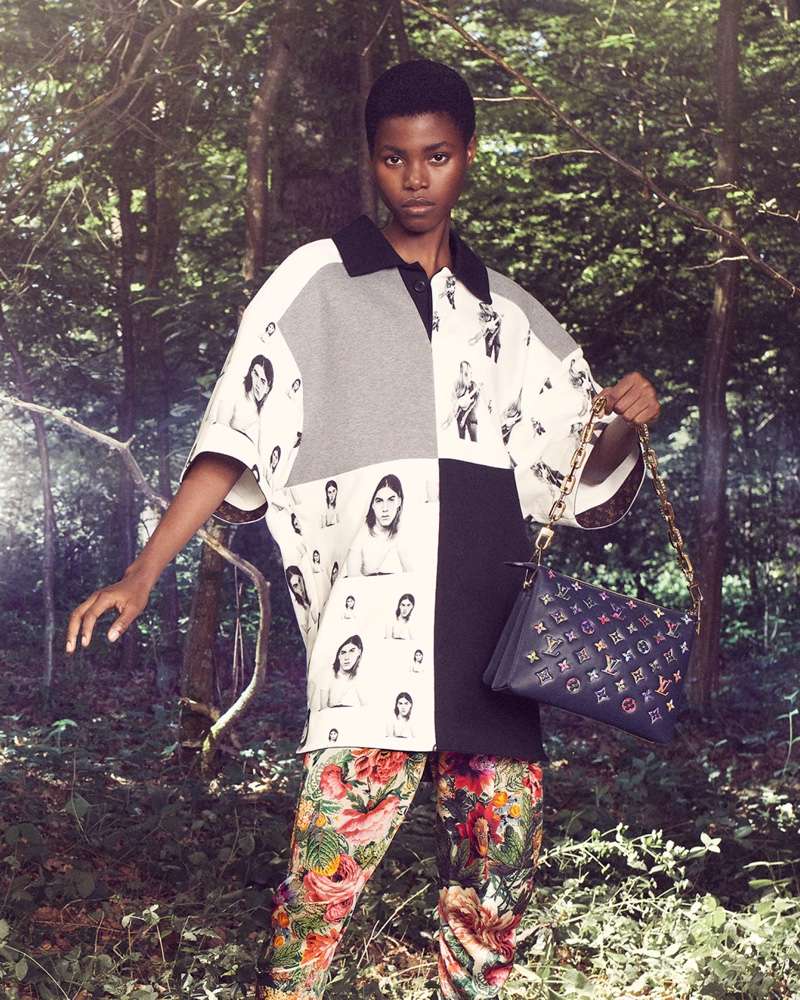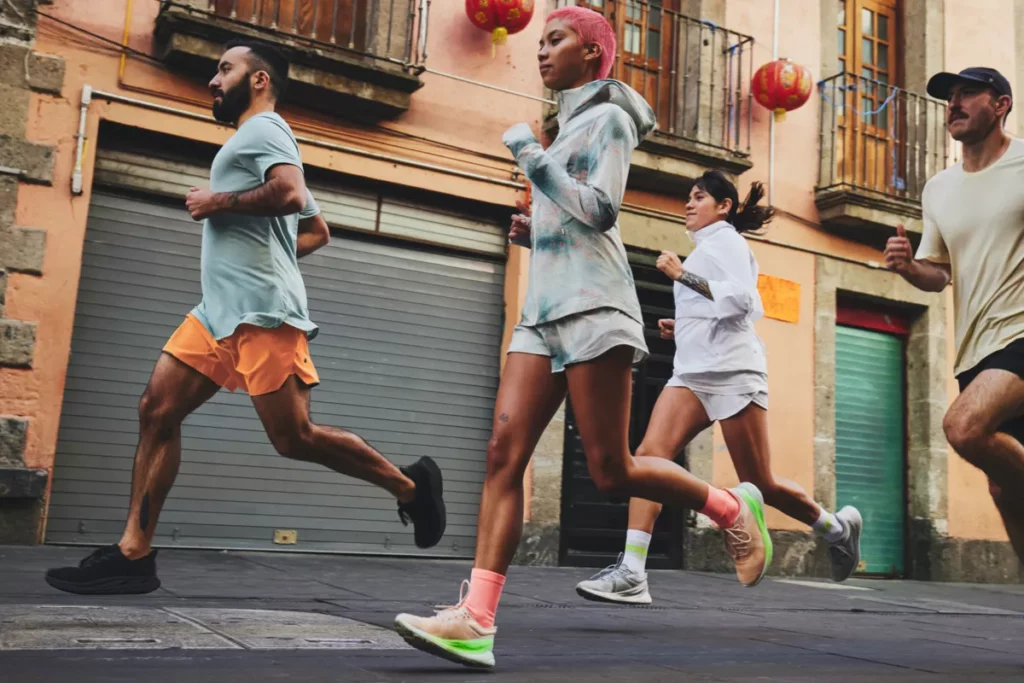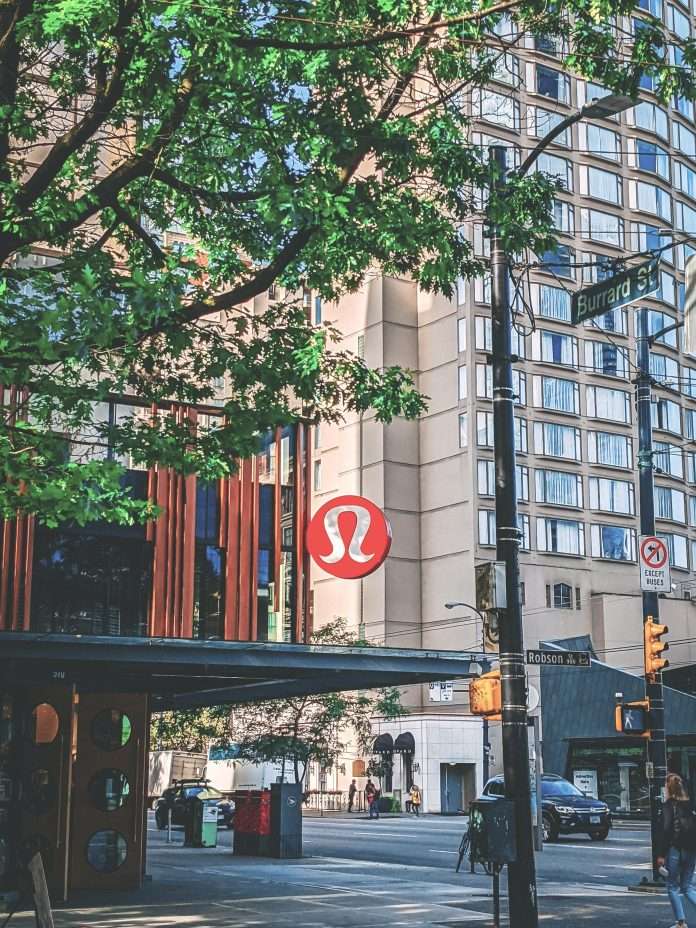How are brands doing when it comes to forced labor in their supply chains? A new report ranks brands from 0 to 100 for their efforts to promote integrity across their supply chains.
A new report published by KnowTheChain, an organization working to help companies and investors better understand and address forced labor risks within their global supply chain, found that a substantial number of the world’s leading fashion entities have taken inadequate steps to combat forced labor within their supply chains. This assessment serves as a critical call to action for the fashion industry, urging companies to fortify their human rights due diligence processes to effectively combat forced labor and uphold their social responsibilities.
Among these, French luxury conglomerate LVMH was cited for notably low performance, despite the luxury house’s commitment to supply chain integrity, particularly when it comes to sustainability. The analysis, encompassing 65 firms, utilized a benchmarking approach grounded in the U.N. Guiding Principles on Business and Human Rights, unveiling a troubling average score of 21 out of 100. This score underscores a significant gap in corporate efforts to address the escalating risks of forced labor, exacerbated by ongoing global conflicts, the climate crisis, and economic instability. Canada Goose and Salvatore Ferragamo were also among the lowest ranked alongside LVMH.

The report criticizes companies for their predominantly reactive stance toward human rights violations rather than proactively embedding strong human rights and environmental due diligence practices aimed at preventing such issues. The report noted 20 percent of the evaluated companies scored 5 or below out of 100, demonstrating a failure to offer and transparently provide remedies for those whose rights were infringed upon.
In contrast, a few companies have shown positive efforts in tackling these challenges. Lululemon, the Canadian athletic apparel retailer, emerged as the frontrunner with a score of 63 out of 100, praised for its robust human rights due diligence processes that significantly mitigate forced labor risks in its supply chains. Following closely are German sportswear giants Puma and Adidas, scoring 58 and 55 respectively, showcasing their commitment to maintaining high environmental, social, and governance (ESG) standards.
Veronique Rochet, senior director of sustainability at Puma, told CNBC that the athletic giant has spent a “vast amount of time and resources” over the past 20 years on its ESG efforts. Puma is a member of the Fair Labor Association, which conducts frequent labor audits. Adidas also noted its high score is a testament to the brand’s dedication to ensuring fair and safe working conditions across its supply chain, underscored by extensive factory audits.

Despite these positive examples, the study also identified companies at the lower end of the spectrum, with five companies from India, China, Taiwan, Indonesia, and Japan scoring 0 out of 100, and several others, including Foot Locker and LVMH, posting disappointingly low scores. Amazon and Walmart fared better, both securing spots in the top third with scores of 32 out of 100. Walmart emphasized its commitment to responsible sourcing and the well-being of workers in its supply chain as a non-negotiable aspect of its business ethos.
The report also raised concerns about the general unpreparedness of companies for existing and upcoming legislation aimed at curbing supply chain risks. A significant discrepancy was noted between companies sourcing high-risk materials and those making efforts to identify and disclose these risks. This includes a majority producing cotton garments but only a fraction disclosing sourcing details, potentially exposing them to enforcement actions under laws like the Uyghur Forced Labor Prevention Act.
Furthermore, the benchmark revealed inadequate efforts in areas such as remedy provision for rights violations, responsible purchasing practices, and worker engagement. For instance, Lululemon was the sole company to disclose an instance of remedy beyond its first-tier supply chain, highlighting a broad failure in addressing well-documented issues like wage theft and the violation of freedom of association rights.
Related on Ethos:


